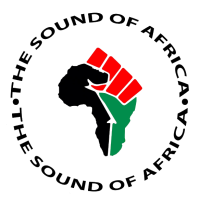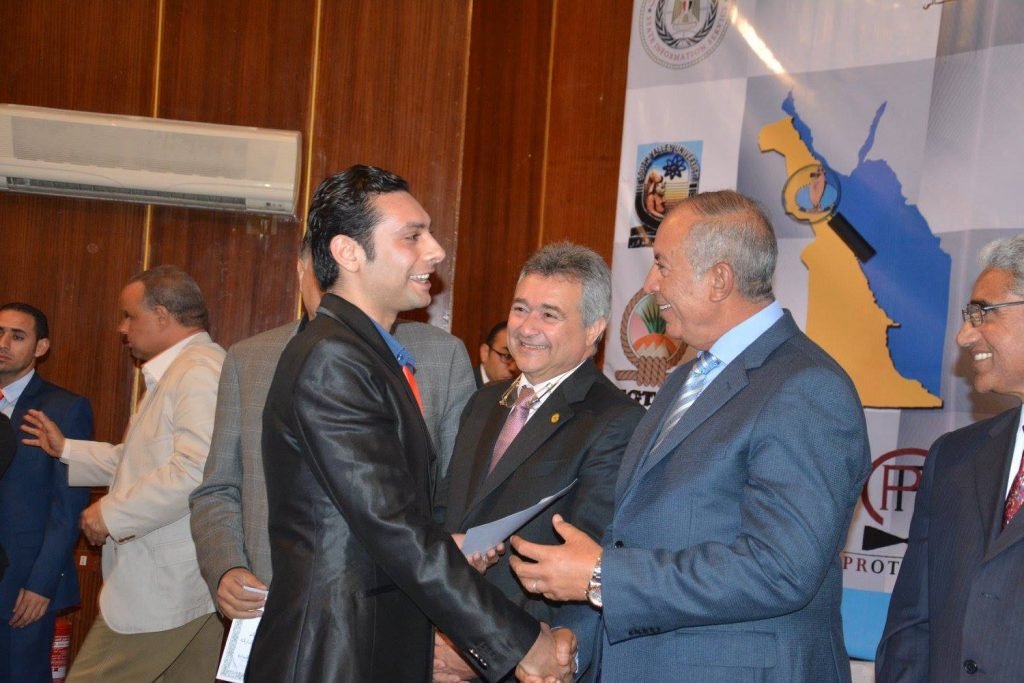World Health Day Insights: Asante Africa’s Impact on Health Education
Why do we celebrate World Health Day? Is it to celebrate the remarkable advances we have made in medicine? Is it for general awareness around public health issues on a global level? April 7th is the day that marks the founding of the World Health Organization. The day is used to raise awareness about important public health concerns and promote such education and outreach to encourage others to be active in improving their health and overall well-being.
This year’s theme is “My health, my right.” At Asante Africa Foundation, we use that phrase constantly with our youth, specifically with our girls, when it comes to the things that they need to know as a healthy, growing woman. In our Wezesha Vijana program, we teach girls and young women health classes that go over their anatomy while also providing numerous hygiene products. Though it may not be the first thing that is thought of, understanding health rights, including the principals of “my health, my right”, is one of the main factors in ensuring African girls’ education. Whether it be a student missing classes due to her not having access to period products, or missing school to take care of their sick parent, it all affects a child’s ability to stay in school and thrive over the long run. Factors such as teen pregnancy, recently at 54.6%, also play a critical role. With a lack of resources, young women are often left with no choice but to see that their education is no longer an option. At Asante Africa Foundation, we make it a priority to supply different contraception methods in schools and communities. We discuss the concept of consent, ensuring women understand that their bodies are their own, not someone else’s. We also work to help girls avoid child marriage and early pregnancy.
Asante Africa Foundation’s Wezesha Vijana Program strives to achieve the objectives that are direct indicators of the girls’ menstrual hygiene management, successful management of menses at school, girls’ continued education, and boys and community education and support. The program develops workbooks on puberty-related topics, including body changes during puberty, how to cope with body changes, gender-based violence, and teenage pregnancy.
So why do we celebrate World Health Day? Because it is our goal to help alleviate health related concerns of thousands. For us, celebrating World Health Day means taking the time to consider how we can do better in serving our youth and their communities, while also understanding the vastness of the health crisis in East Africa. We understand this crisis cannot be solved overnight. All we can do is our best, everyday! And remember: “My health, my right.”
WRITTEN BY: Chioma Okoro



